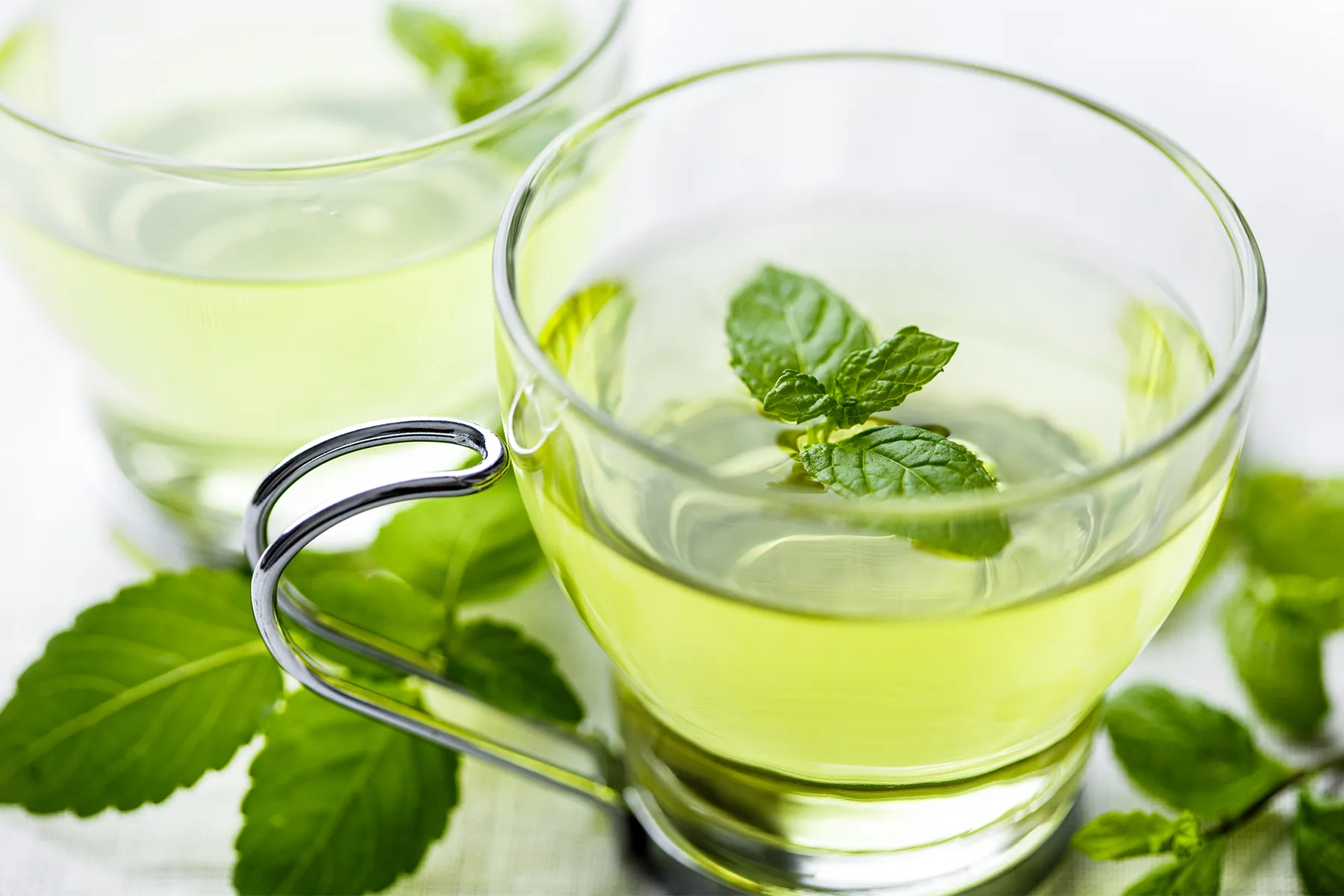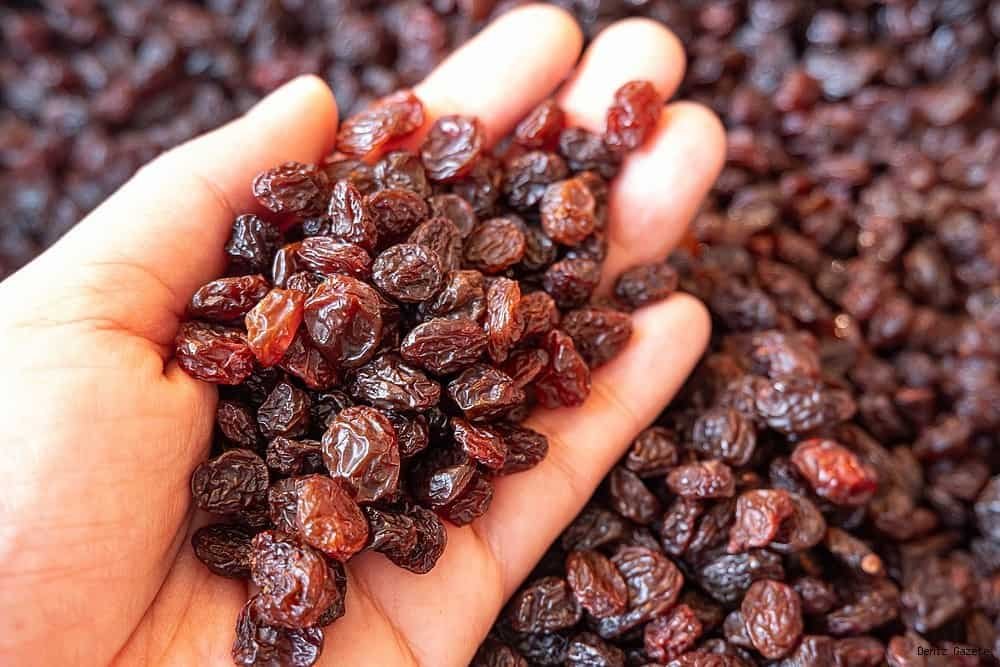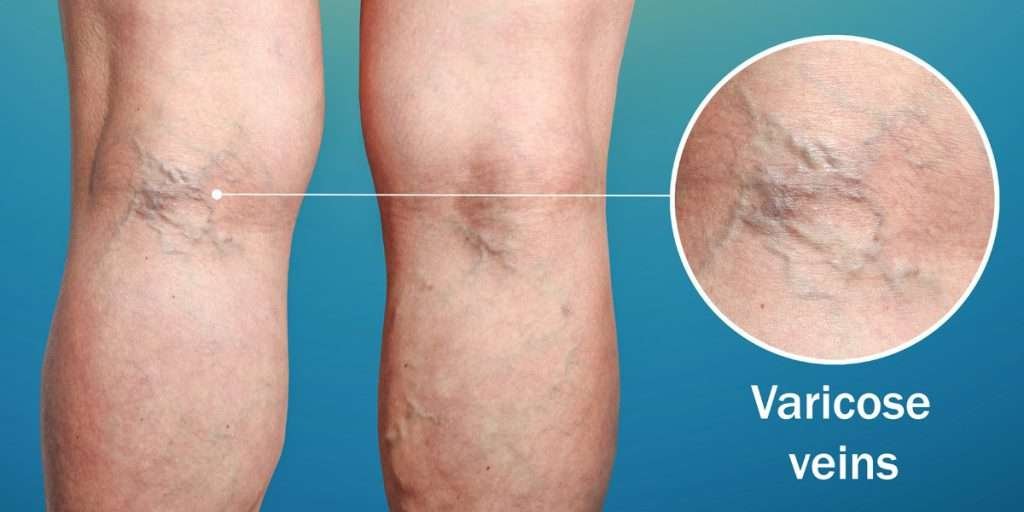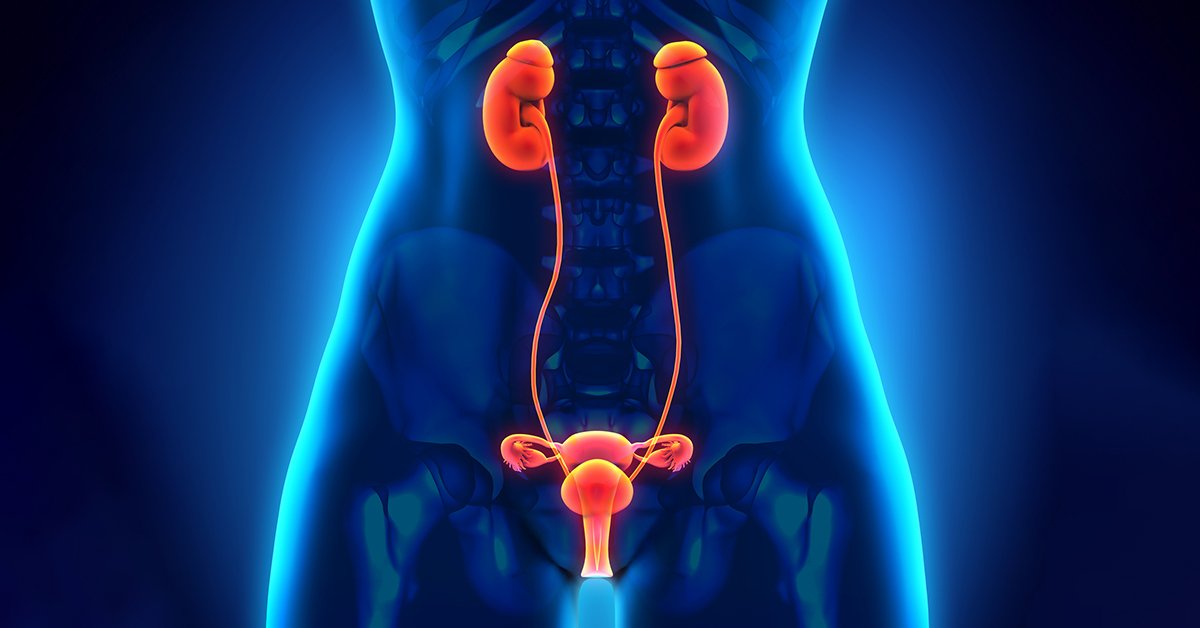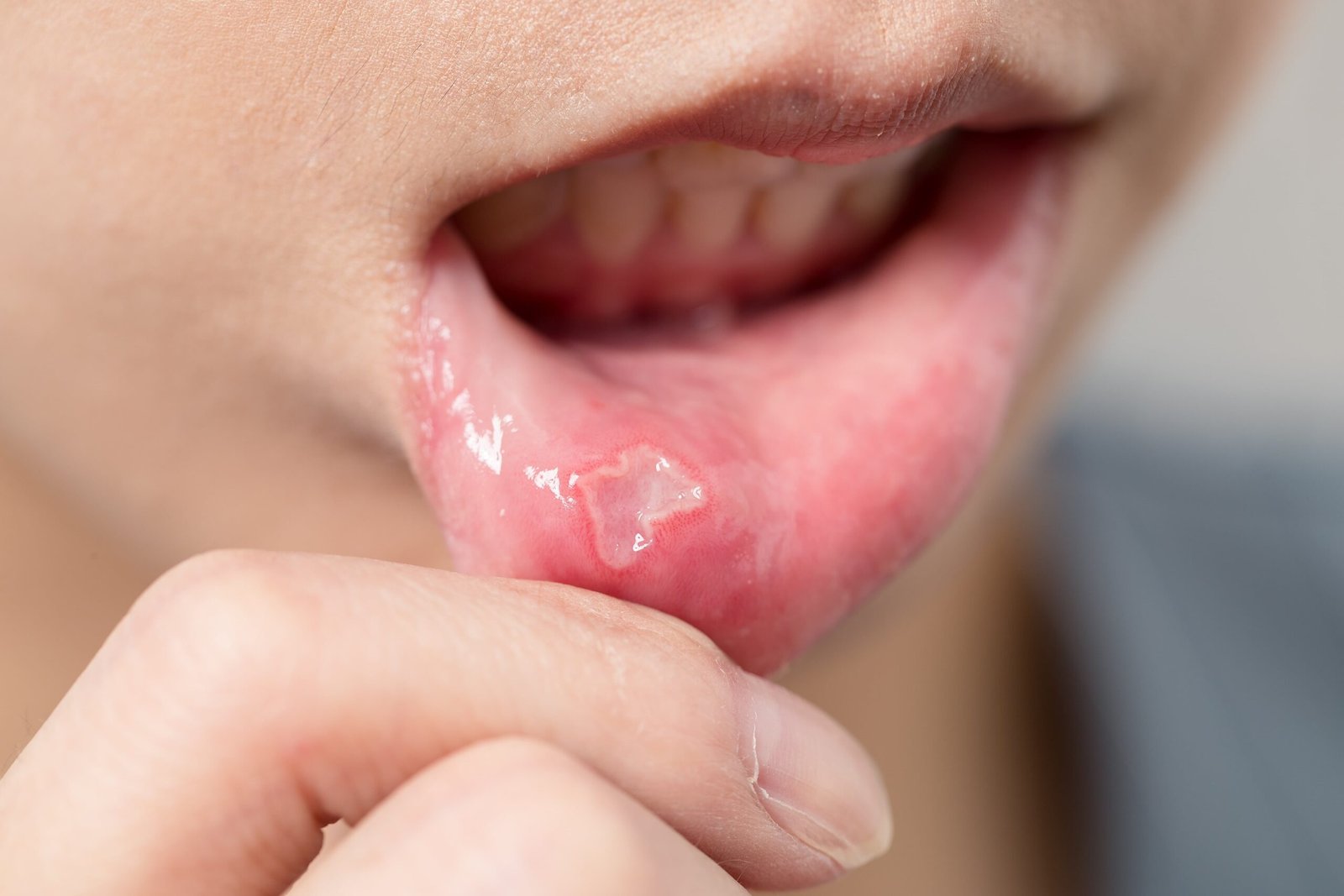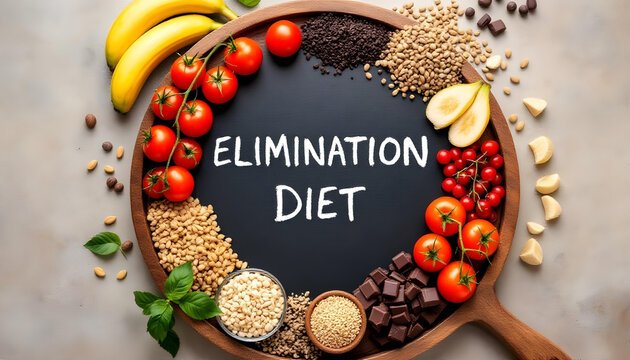If you search online, you’ll find countless tips about what you should or shouldn’t eat after having a baby—often focused on losing pregnancy weight. From green juices and powders to calorie-burning hacks, many messages can leave new moms feeling pressured and overwhelmed.
The truth? Your body is working hard to recover from pregnancy and support milk production. Extreme dieting, restriction, or trying to “fix” your postpartum body can actually undermine your health, reduce milk supply, and increase fatigue.
Here are some gentle, evidence-based tips to help manage food cravings while staying nourished and supporting postpartum recovery.
1. Take the Pressure Off
Societal messages around “getting your body back” can add unnecessary stress. Remember:
-
You do not need a perfect diet to stay healthy or nourish your baby.
-
Focus on self-care and recovery, not achieving pre-pregnancy weight immediately.
-
Honor your body’s needs rather than strict diet rules.
2. Honor Your Hunger
Hunger is your body’s signal that it needs energy. Ignoring it can lead to intense cravings or binge eating, especially at night. Hunger can appear in:
-
Mood: Feeling tired, irritable, or low
-
Energy levels: Fatigue or sluggishness
-
Concentration: Headaches, dizziness, or constant thoughts about food
-
Physical cues: Shakiness or low strength
Tip: Try to eat every 3–4 hours with regular meals and snacks, even if sleep-deprived. Your body—and your milk supply—will thank you.
3. Stay Hydrated
Hydration is critical during breastfeeding.
-
Drink to thirst and keep fluids accessible.
-
Water, herbal teas, or diluted juices can help keep you and your baby hydrated.
-
Proper hydration can also help manage cravings and energy dips.
4. Include Protein in Your Meals
Protein supports healing, recovery, and milk production.
-
No need for protein shakes unless desired.
-
Simple sources include: cheese, yogurt, eggs, meat, nuts, hummus, or baked beans.
-
Aim to include some protein with each meal or snack to stay satisfied.
5. Focus on Key Nutrients: Iron, Calcium, Vitamin D
These nutrients can be depleted during pregnancy and postpartum:
-
Iron: Supports energy and prevents anemia
-
Calcium: Supports bone health
-
Vitamin D: Helps with immunity and mood
Tip: Speak to a healthcare professional about your individual needs, as supplementation may be necessary.
6. Convenience Foods Are Okay
-
If all you manage is a bowl of cereal, toast, or freezer meal while feeding the baby, that’s enough.
-
Postpartum nutrition is about getting enough calories and nutrients, not perfection.
-
Allowing yourself flexibility reduces stress and supports overall wellbeing.
7. Go Easy on Your Body
Remember:
-
Your body has accommodated and grown a new human, and it’s normal that it doesn’t “go back” immediately.
-
Focus on recovery, nourishment, and self-compassion.
-
Gentle nutrition and listening to your body is far more effective than restriction.
Conclusion
Managing cravings during breastfeeding is about honoring hunger, staying hydrated, including protein, and focusing on essential nutrients—not following rigid diet rules.
Your body is doing an amazing job, and by focusing on nourishment and self-care, you’ll support both your health and your baby’s.
Disclaimer
This content is for informational purposes only and does not replace professional medical advice. Always consult your physician or qualified healthcare provider regarding diet, supplementation, or health concerns during breastfeeding.




